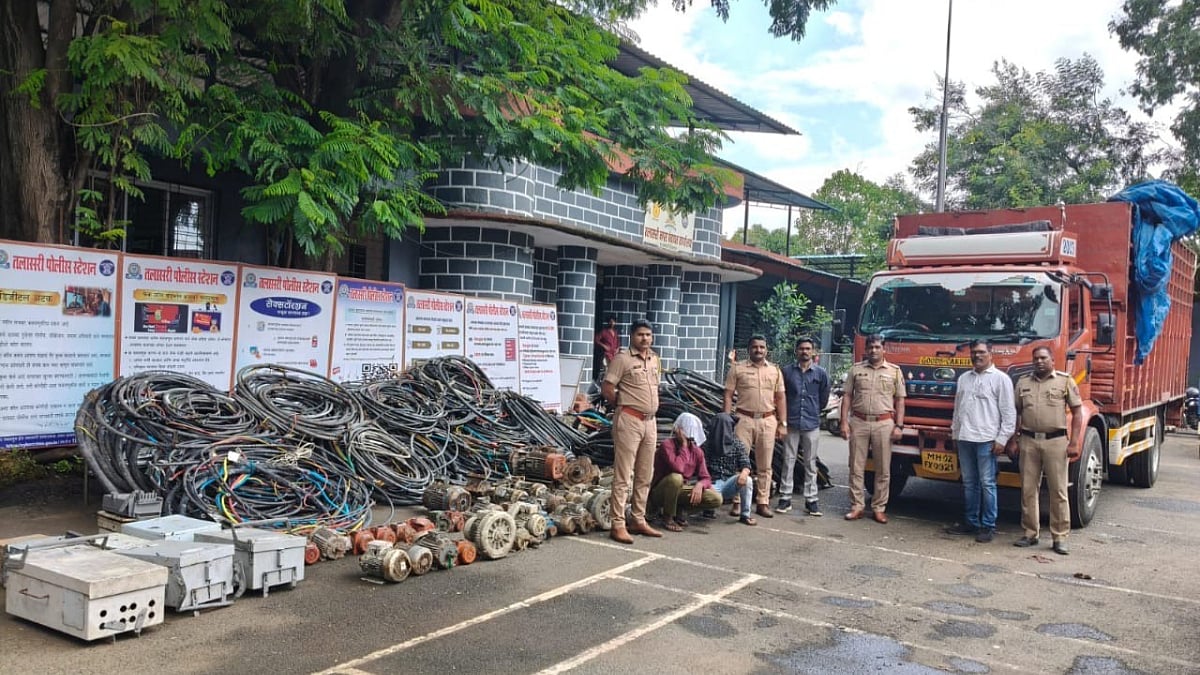Emphasizing the grave threat to the environment, Prime Minister Narendra Modi, during his Independence Day 2019 speech at Red Fort, urged people to eliminate the single-use plastics. “Can we free India from single-use plastic? The time for implementing such an idea has come. May teams be mobilised to work in this direction. Let a significant step be made on October 2,” he said. He further added that a significant step will come out by October 2, the birth anniversary of Mahatma Gandhi. Meanwhile, more than 20 states in India have either a partial or full ban on plastic. The ban on single-use of means elimination of plastic bags, cups, plates, bottles, straws, and sachets. According to Global Citizen, each year, around 8 million metric tons of plastic enter the world’s oceans.
Here’s a look at 10 countries that have banned single used plastics.
UK
In January 2018, The United Kingdom announced a landmark step to eliminate plastic microbeads used in cosmetic and personal care products. The microbeads are found in products such as face wash, body scrubs, and toothpaste, to name a few. These tiny particles end up in the oceans and are eaten by sea creatures. The UK has also introduced a tax on plastic bags, resulting in a decrease in the usage of plastic bags.
Zimbabwe
In July 2017, Zimbabwe banned the use of polystyrene - mostly used in food containers. Those breaking the law are issued fines between 30 and 5,000 Zimbabwean dollars. A year later, the country also banned single-use plastic bags.
Kenya
On August 2017, Kenya implemented a complete ban on producing, selling or using the bag and those breaking the law may be fined up to $40,000 and face jail up to four years. While using the bags may attract a fine up to $ 500 or face a jail term up to a year. As quoted in BBC, after the implementation of the ban 80 percent of the population have stopped using plastic carrier bags. Earlier, according to a study by National Environmental Management Agency (NEMA), 50 percent of cattle near urban areas were found with plastics in their stomach.
Taiwan
In February 2018, Taiwan restricted the use of single-use plastic bags, straws, utensils, and cups and announced that it plans to eliminate all single-use by 2030.
United States
Though there’s no nationwide ban on single-use plastic bags, states such as New York, and California have a complete ban on the usage of plastic bags. California introduced the plastic bag ban in November 2016 and a year later announced a ban on plastic straws in restaurants. Those violating the ruled faces a fine of $25 per day. While New York banned plastic bags in April 2019. The amount collected as fine is donated to the Environmental Protection Fund and are used for distribution of reusable bags.
Antigua and Barbuda
In 2016, Antigua and Barbuda banned single-use of plastic, followed by a ban on plastic utensils and styrofoam. In 2019, the government of Antigua introduced a bill that announced steeper fines for those importing banned items. Antigua and Barbuda was soon followed by Chile and Colombia.
China
For several years, China would import scrap plastic from around the world and process it into much high-quality material that could be used by manufacturers. In 2016, the country took in over seven million tons. In 2018, China stopped the initiative with an aim to protect its environment and improve air quality.
France
In 2016, France became the only country to implement a total ban on plastic cups, plates, and cutlery. The law will go in effect in 2020. The new law is part of the country’s Energy Transition for Green Growth Act. As quoted in The Washington Post, French President Francois Hollande says the ban intends “to make France … an exemplary nation in terms of reducing greenhouse gas emissions, diversifying its energy model and increasing the deployment of renewable energy sources.”
Morocco
In 2016, ban on the usage of plastic bags was announced in Morocco. According to the reports, the country used nearly three billion plastic bags a year, making it the second-largest plastic bag consumer in the world. Even though the law was introduced, citizens would often use plastic bags. Hence, in January 2019, the Morocco government introduced amendments to the law banning plastic bags.
South Korea
In 2018, South Korea Ministry of Environment implemented a ban on the usage of plastic bags in supermarkets. On January 1, 2019, the country banned single-use plastic bags. The South Korean Ministry of Environment announced it would charge heavy fines on supermarkets and discount store outlets if the break the law. According to reports, in 2017 South Korea was in fourth place for recycling solid waste. The other three countries were Germany, Wales, and Singapore.





